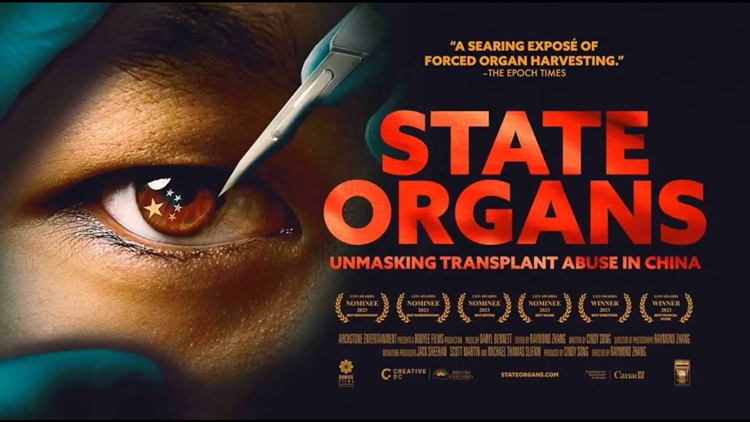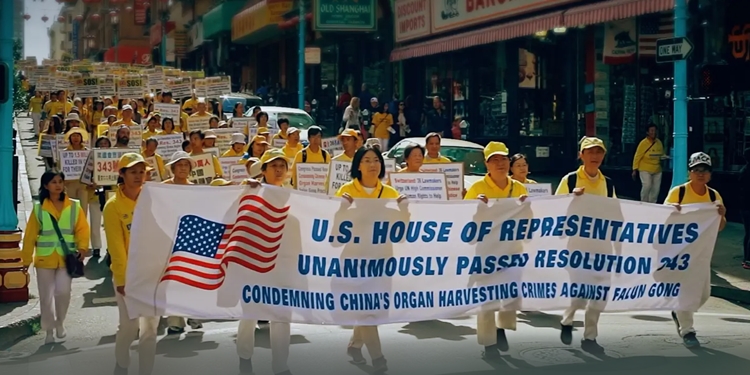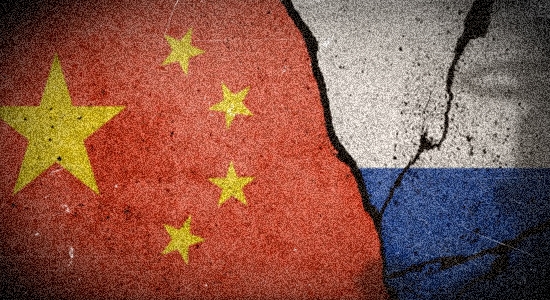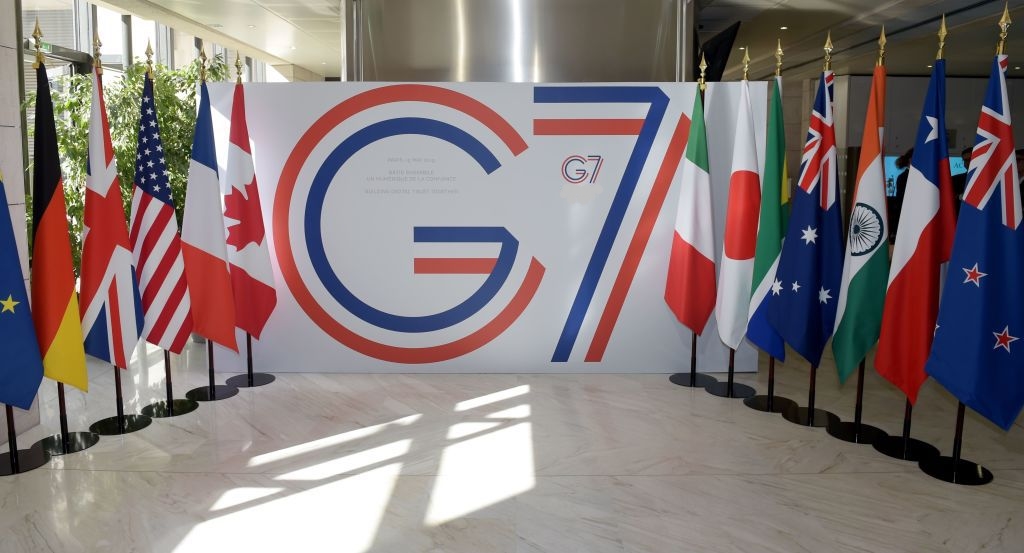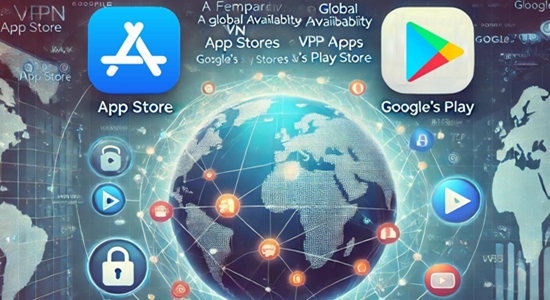
On July 4, 2024, the popular tyranny-appeasing tech firm Apple removed “at least four of the best VPN services from its app store [for Russia]…with more services expected to disappear in the coming days….”
But Apple’s Russia app store doesn’t take the top prize in this category. “A recent study on the availability of 50 popular VPN apps worldwide across both Google and Apple app stores found that the gold medal in blocking applications goes, once again, to China.” The Google Play Store is blocked in China, and Apple’s app store for China includes no VPN products whatever (“China and Iran top new VPN censoring list—here’s how you can beat the bans,” TechRadar, July 6, 2024).
A VPN is a virtual private network. It hides your IP address and encrypts your connection to the Internet. China blocks VPNs and bans them from Apple’s China app store, a ban that Apple obeys in order to maintain access to the Chinese market.
But if you live in China or one of the other thugocracies where VPNs are booted from app stores, you are not entirely out of luck. Downloading from an app store isn’t the only way to get a VPN.
● You can sideload apps, easiest for Android users. “All you need to do is download the application file on your device and follow the steps.”
● Another possibility: “changing your country in Apple ID and downloading the VPN you need. However, this may be tricky and can cause other usability issues.”
● To elude censors, VPN providers sometimes create alternative web pages where you can download their software. You have to act fast, though, before authorities block the page. If you can find out about a web page for downloading an outlawed VPN, so can they.
● If you just cannot find or download a secure VPN, TechRadar suggests that you try a censorship-evading browser like the Tor browser, which “reroutes the internet traffic through at least three encryption layers for maximum security and spoofs your IP location.” But critics argue that the anonymity of the Tor browser has proved too easy to breach.
● If you are unable download a file to install a good VPN in your own country, perhaps somebody else, elsewhere, can download the file and send it to you by email or other means, if this can be done securely and without running into size limits.
Some VPNs are better and more determined to help you escape government censorship than others. As one example, TechRadar mentions Proton VPN, which has been “investing in more sophisticated anti-censorship techniques to evade authorities’ control.”
Also see:
TechRadar: “Proton VPN review”
PCMag: “How to Send Large Files Over the Internet”
AppleCensorship: “A Comparative Study on the Global Availability of VPN Apps in Apple’s App Stores and Google’s Play Stores”
“VPN apps continue to face systematic unavailability in China on Apple’s App Store, the only one of the two platforms available in China. In 2017, Apple began removing all VPN apps from its China App Store at the request of Chinese authorities. This led to a swift decrease in the number of VPN apps available in the country, culminating in a complete categorical ban that has been maintained to this day.”
